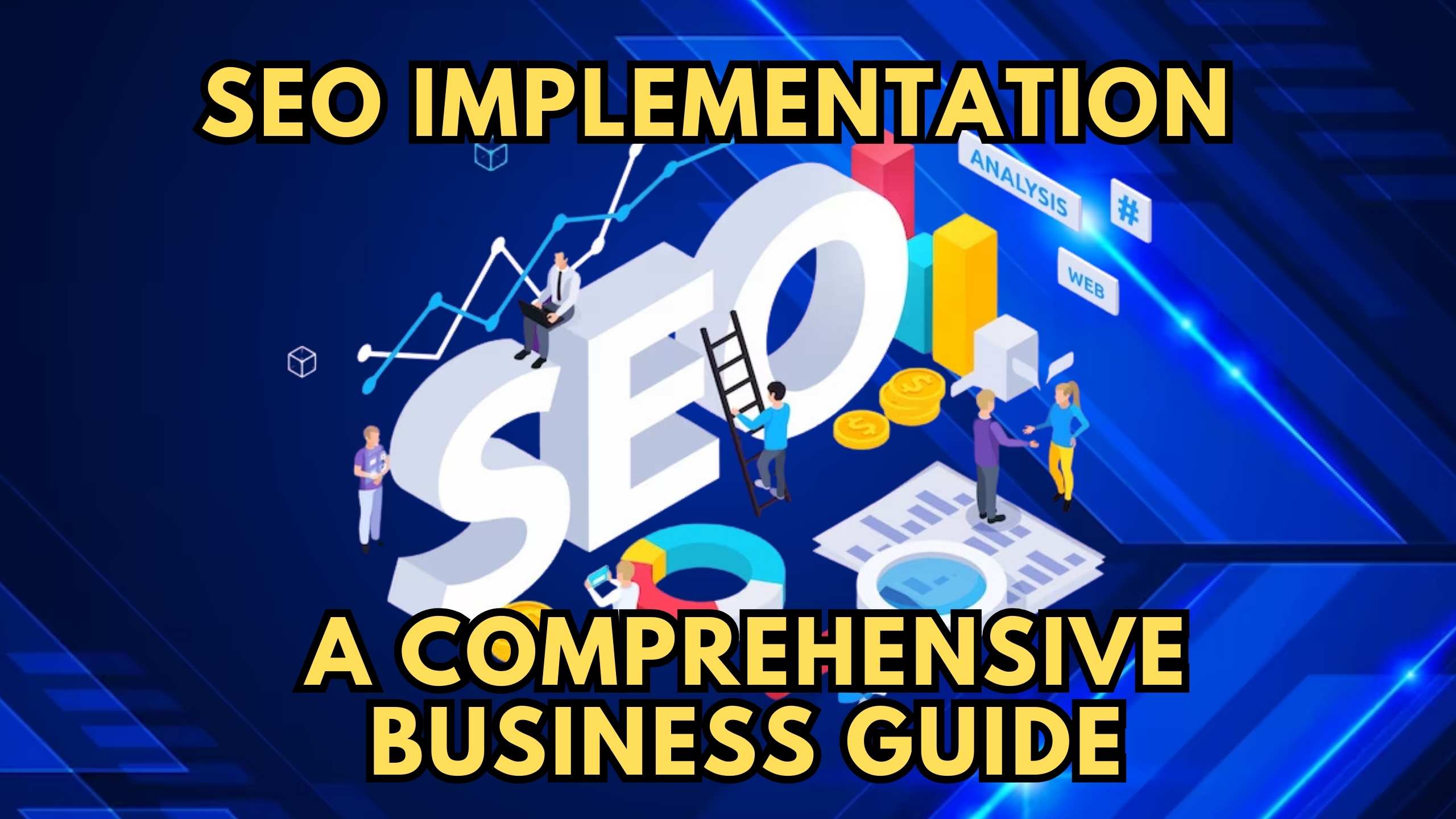SEO Implementation: A Comprehensive Business Guide
- Expense Management Software Credit Cards Investing Business Solutions


SEO Implementation: A Comprehensive Business Guide
Search engine optimization (SEO) has become an essential component of any effective digital marketing strategy. Properly optimizing your website and content can lead to increased organic traffic, more conversions, and higher revenues. However, successfully implementing an SEO strategy requires some careful planning and execution. This comprehensive guide covers key steps for integrating SEO into your business.
1. Conduct Keyword Research
The first step is conducting thorough keyword research to identify high-value search queries that align with your business offerings. Tools like Google’s Keyword Planner, SEMrush, and Ahrefs can uncover keyword difficulty, monthly searches, and competitor rankings. Focus on 3-5 primary target keywords, as well as longer tail variations.
2. Optimize On-Page Elements
On-page optimization entails modifying elements of individual webpages to improve relevancy. Start by ensuring your target keywords appear appropriately in titles, headers, content, image alt text, meta descriptions, and URLs. Content should provide value for searchers, answering their queries with 600+ words. Multimedia can also enhance pages.
Additionally, site architecture, internal linking, page load speeds, and mobile responsiveness contribute to the user experience. Check pages for issues with accessible HTML, broken links, or code errors.
3. Build High-Quality Backlinks
Gaining reputable external links remains crucial for rankings. Possible tactics include guest posting on relevant sites, contributing to industry publications, sponsoring local events, securing press mentions, and more. Focus on contextual anchor text and diversifying link sources over time.
4. Track and Report Results
Regularly monitoring key SEO metrics is vital for gauging performance. Use Google Analytics, Search Console, and rank trackers to analyze organic traffic growth, keyword rankings, link profiles, click-through rates, and ROI from SEO efforts. Compile reports to showcase progress.
5. Leverage SaaS Tools
Implementing SEO often requires robust software. Relevant solutions include:
Conclusion
Executing an effective SEO strategy necessitates researching target queries, optimizing on-page elements, earning backlinks, tracking analytics, and utilizing supportive tools. While advancing rankings takes time, these comprehensive steps allow businesses to gain organic visibility and revenue. Integrating ongoing optimization enables sustainable growth.
Elevate Your SEO Strategy with Subscribed.fyi
Ready to supercharge your SEO efforts? Sign up for free at Subscribed.fyi Deals to access exclusive deals on SaaS tools that can enhance your SEO implementation. Manage subscriptions, compare insights, and optimize your digital strategy. Your journey to SEO success starts now!
Relevant SaaS Tools:
- Ahrefs
- Google’s Keyword Planner
- SEMrush
- Ahrefs
- Google Analytics
- Screaming Frog
- SEMrush
- Yoast
- Subscribed.fyi








